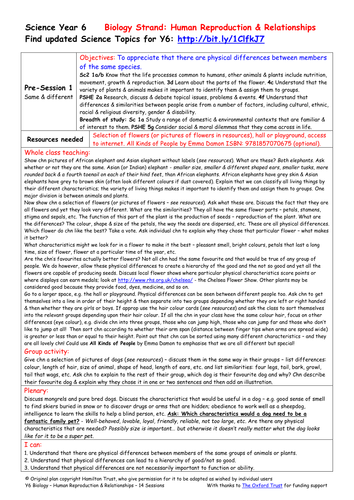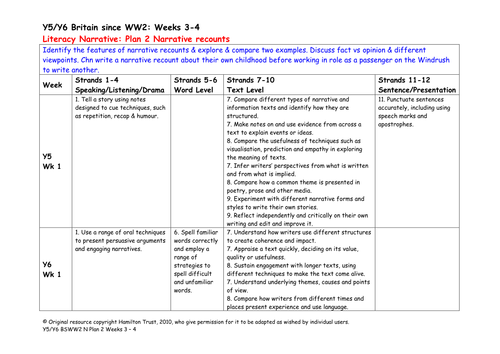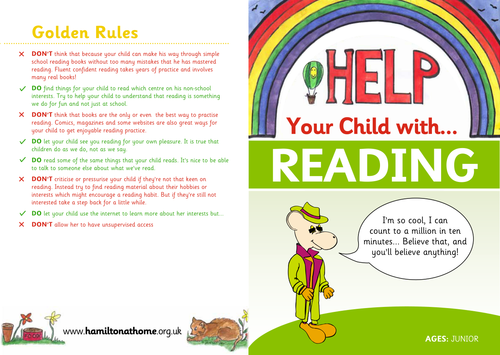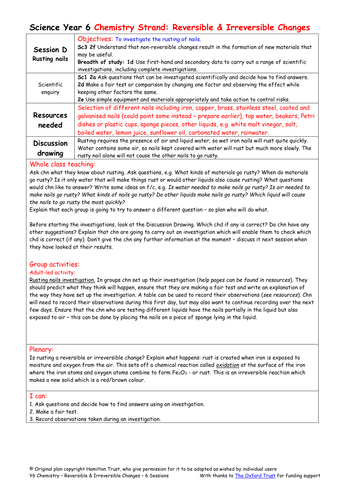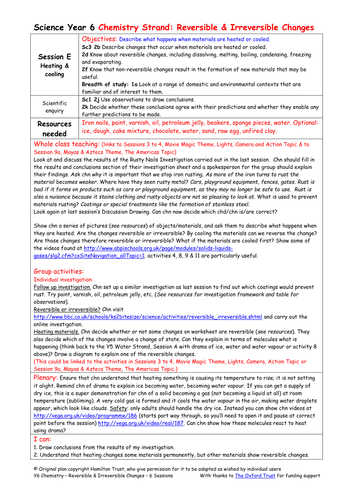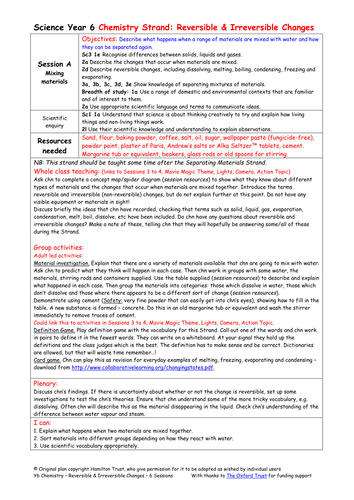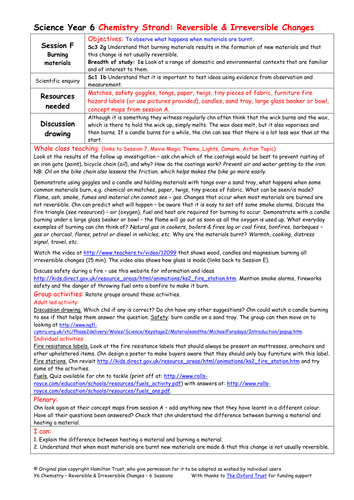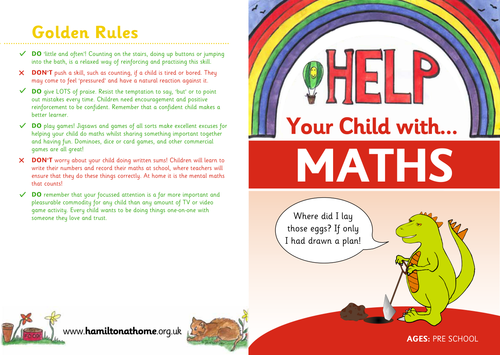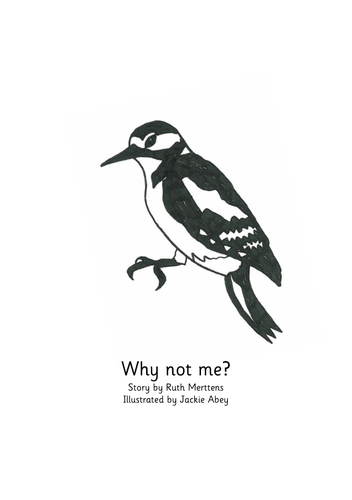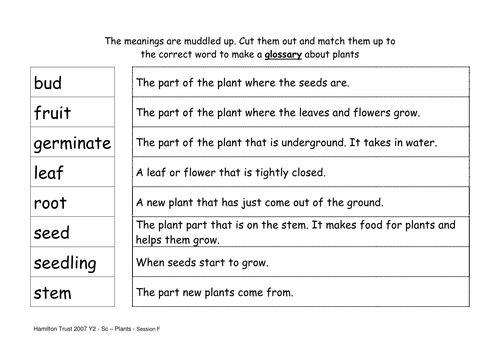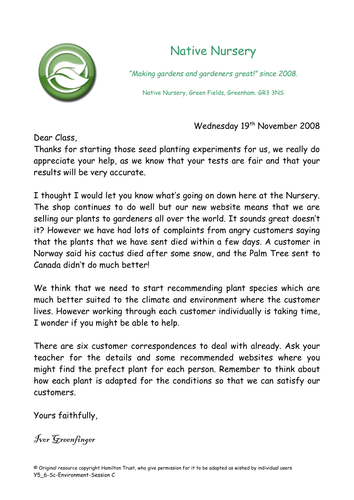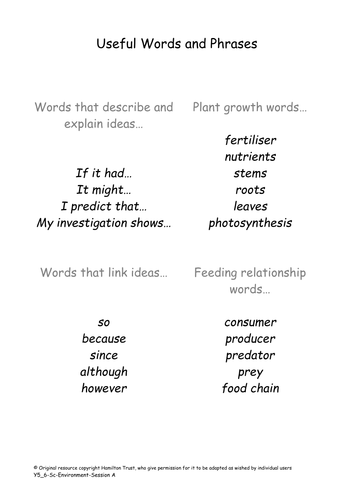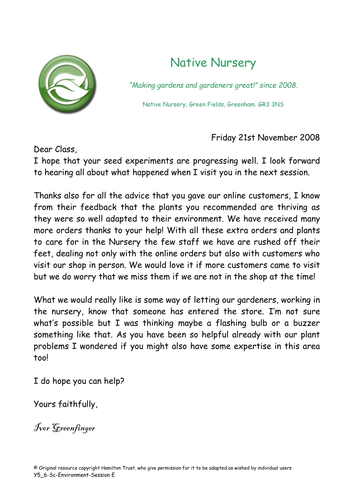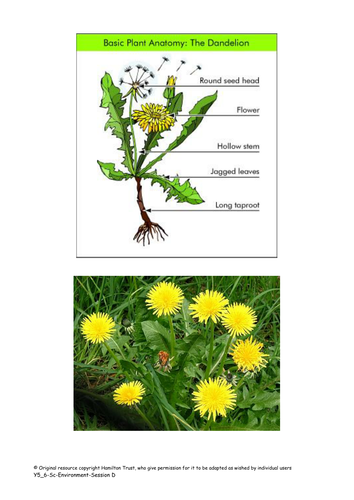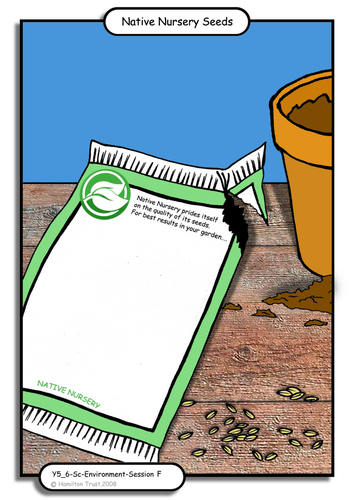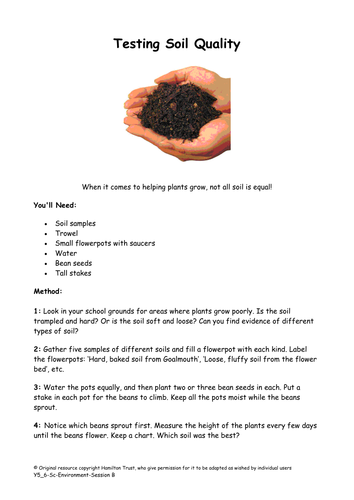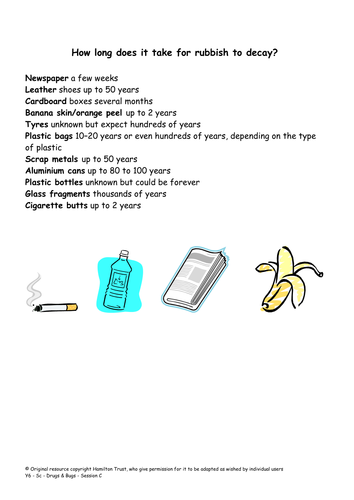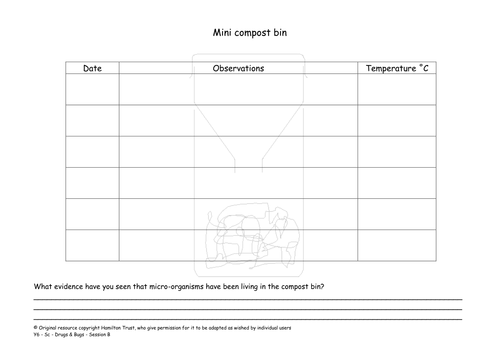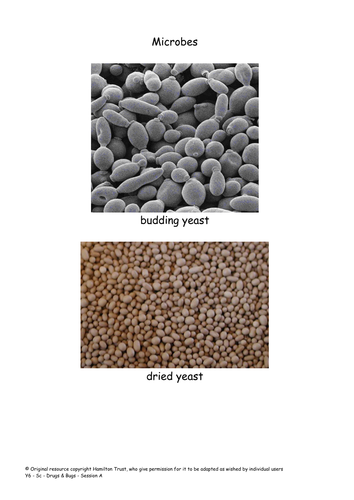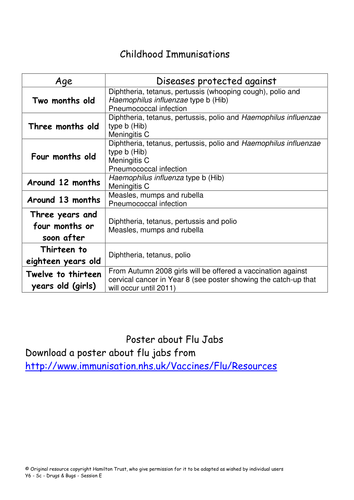
397Uploads
10045k+Views
11647k+Downloads
All resources

Same and different
The first two sessions are an introduction to the Strand.
Session 1 - Help children appreciate that there are many physical differences between plants and animals (including humans) that are not necessarily good or bad nor important to function or ability.
Session 2 - Look in more detail at differences between people living in Britain. Discuss our multi-cultural society. Share poems in We are Britain by Benjamin Zephaniah to inspire children to write poems about themselves. Can children recognise their own Wanted poster?
Suitable for Y6 pupils.

Recounts Weeks 3 - 4
Identify the features of narrative recounts and explore and compare two examples. Discuss fact vs opinion and different viewpoints.
Children write a narrative recount about their own childhood before working in role as a passenger on the Windrush to write another.

Rusting nails
Look at an irreversible change. Children set up an investigation to answer questions about nails rusting. Will they compare nails made from different materials or find out whether or not both water and air are needed for rusting to occur?
Suitable for Y6 pupils.

Heating and cooling
Use findings from Rusty Nails Investigation to plan another test. Look at the changes that occur when common materials are heated, and then decide whether or not cooling will reverse the change. What happens if the materials are first cooled and then heated?
Suitable for Y6 pupils.

Mixing materials
Find out what children already know about materials and the changes that occur when they are mixed. Predict and investigate what happens when a variety of materials are mixed with water. (Re)introduce terms reversible and irreversible. Play a vocabulary game.
Suitable for Y6 pupils.

Burning materials
Which coverings did prevent nails going rusty? Find out what happens to materials that are burnt, rather than heated – using the fire triangle.
Discuss fire safety including furniture fire hazard labels. Review what children have learnt over the Strand.
Suitable for Y6 pupils.

Pre-School Maths Leaflet
A leaflet or parents of Pre-Schoolers giving them advice on how to use maths with their children in everyday life.

Year 2 Fiction 3: Traditional tales from other cultures
Read and compare Hansel and Gretel by Anthony Browne, and Baba Yaga and the Stolen Baby by Alison Lurie, Francis Lincoln, and Baba Yaga by Tony Bradman using drama and story maps. Discuss joining sentences using or, and or but. Children write witch stories using story pegs to plan. Introduce some 'story language' and encourage interesting endings. Hamilton Group Reader, Why Not Me?, is used to build confidence in reading aloud.

Collate findings
Finish the investigation started in Session B. Use the results to try and answer the questions about what plants need.
Match vocabulary to meanings to make a glossary. Assess what has been learnt.
Suitable for Y2 pupils.

Plants in the environment
The customers from around the world have come flooding onto the Native Nursery online shop wanting advice about which plants to buy for their climate. Children research each climate zone and make suggestions well suited to the conditions.
Suitable for Y5/6 pupils.

Plant growth
Children receive a letter requesting help from the Native Nursery. Children must design and set up experiments to find the best conditions for growing seeds. They will monitor progress and report their findings in Session F.
Suitable for Y5/6 pupils.

Design Ideas
Yet again the children are called upon to help out Native Nursery, this time to make the shop more secure. The children use their knowledge of electrical circuits and conductors to create and modify pressure activated switches.
Suitable for Y5/6 pupils.

Dandelions
Discussing dandelions! Children raise a question about the dandelions growing in the school grounds before planning and carrying out their investigation. Careful observation and measuring in groups are essential before they draw conclusions. Suitable for Y5/6 pupils.

Presentation
In this session a representative from Native Nursery visits to hear the findings from the growing tests and find out more about the electrical security devices. Will the children impress with their understanding of scientific concepts?
Suitable for Y5/6 pupils.

Soil
Time to get down and dirty! Children bring in soil samples from home and carry out a simple experiment to separate it into layers. This is followed by an experiment to test soil quality before finding out that some plants don’t need soil at all!
Suitable for Y5/6 pupils.

Food and micro-organisms
Look at micro-organisms that are beneficial to food production and the problems of food decay caused by micro-organisms. Study yeast growth and begin some decay investigations on damp bread and apples. Use yeast to make bread rolls and discuss food hygiene.
Suitable for Y6 pupils.

Green micro-organisms
Micro-organisms can be beneficial and in this session children explore their role in compost production.
Find out why it’s important to compost and what can be composted. Make mini compost heaps, look at food chains and create a compost heap story for younger children.

Micro-organisms
Introduce children to bacteria, viruses and fungi as micro-organisms. They are living organisms and are very small. Investigate how the numbers of bacteria grow by simple division and gain an understanding of their size compared to a metre.
Suitable for Y6 pupils.

Diseases and antibiotics
Look at diseases caused by micro-organisms. Invite a health professional into class for children to question. Discuss prevention and cure of illnesses caused by microbes including vaccination and antibiotics. Find out about the work of some famous scientists.
Suitable for Y6 pupils.

